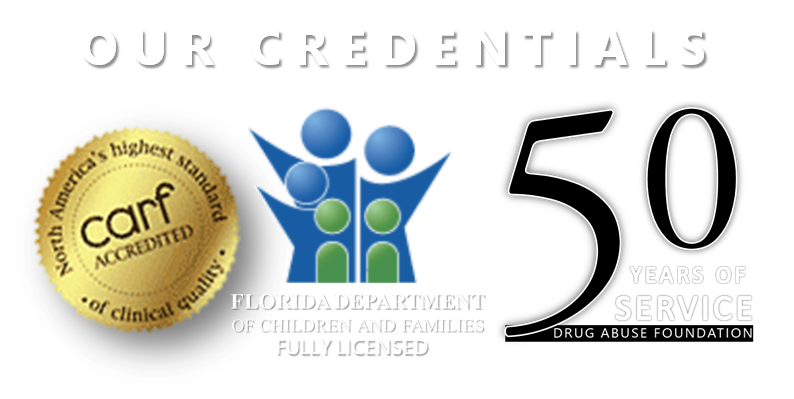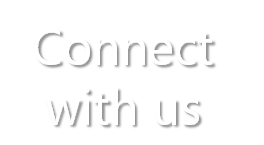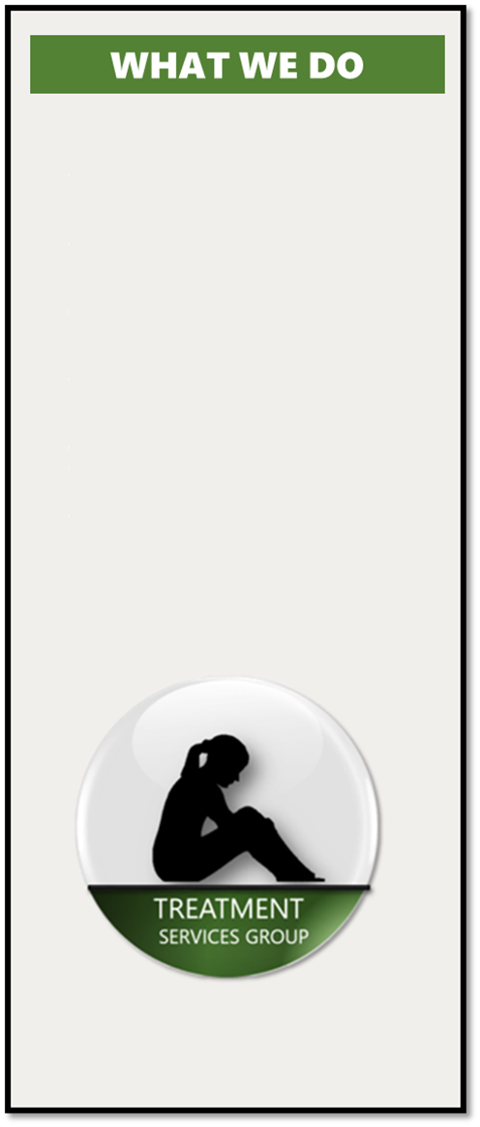
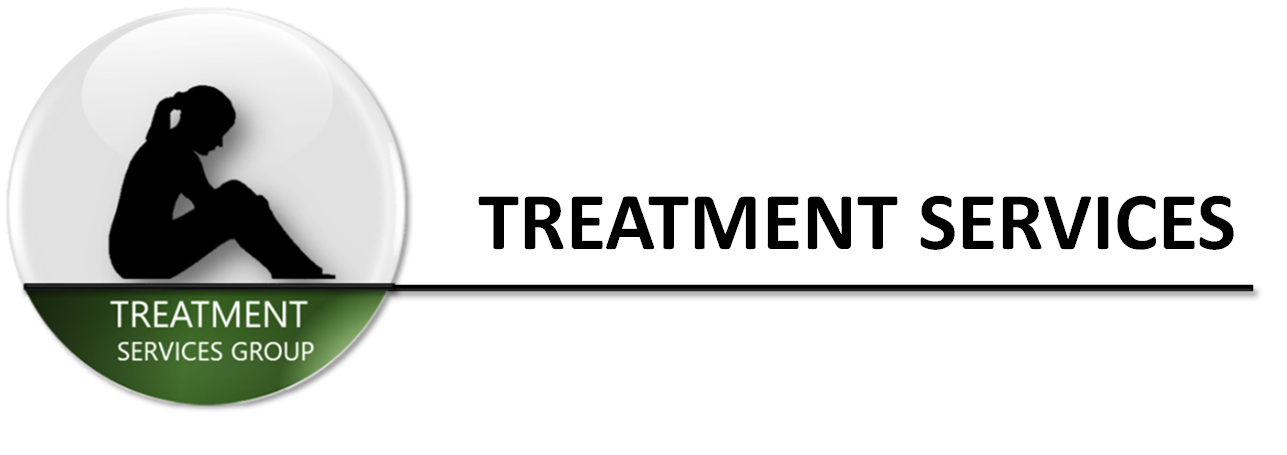
The mission of the Treatment Services Group is to encourage and support the process of recovery from chemical addiction, through a wide range of therapeutic services that focuses on clinical stabilization, relapse prevention and aftercare/ recovery support.
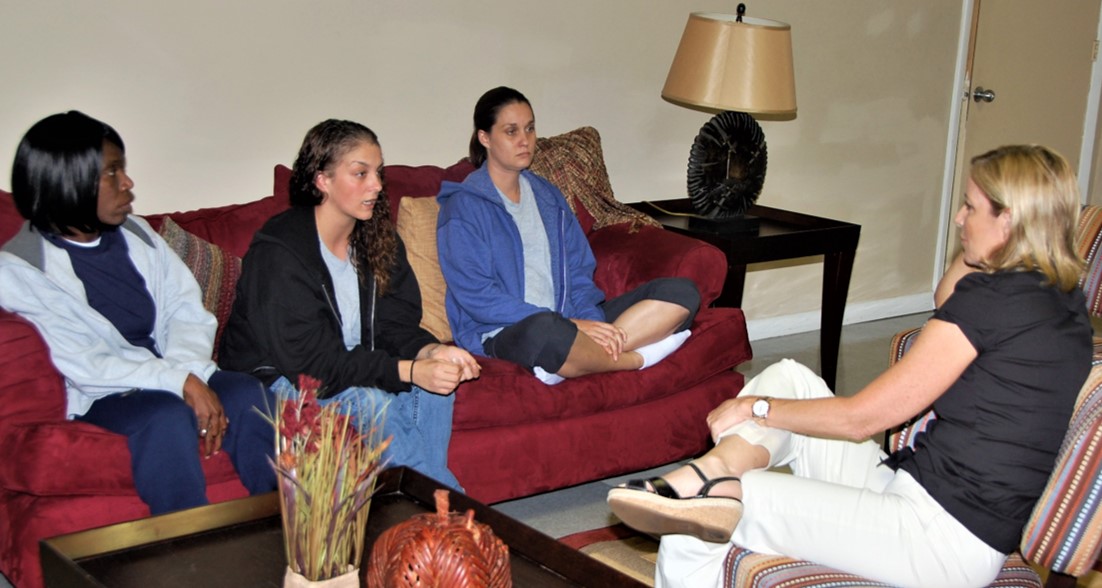

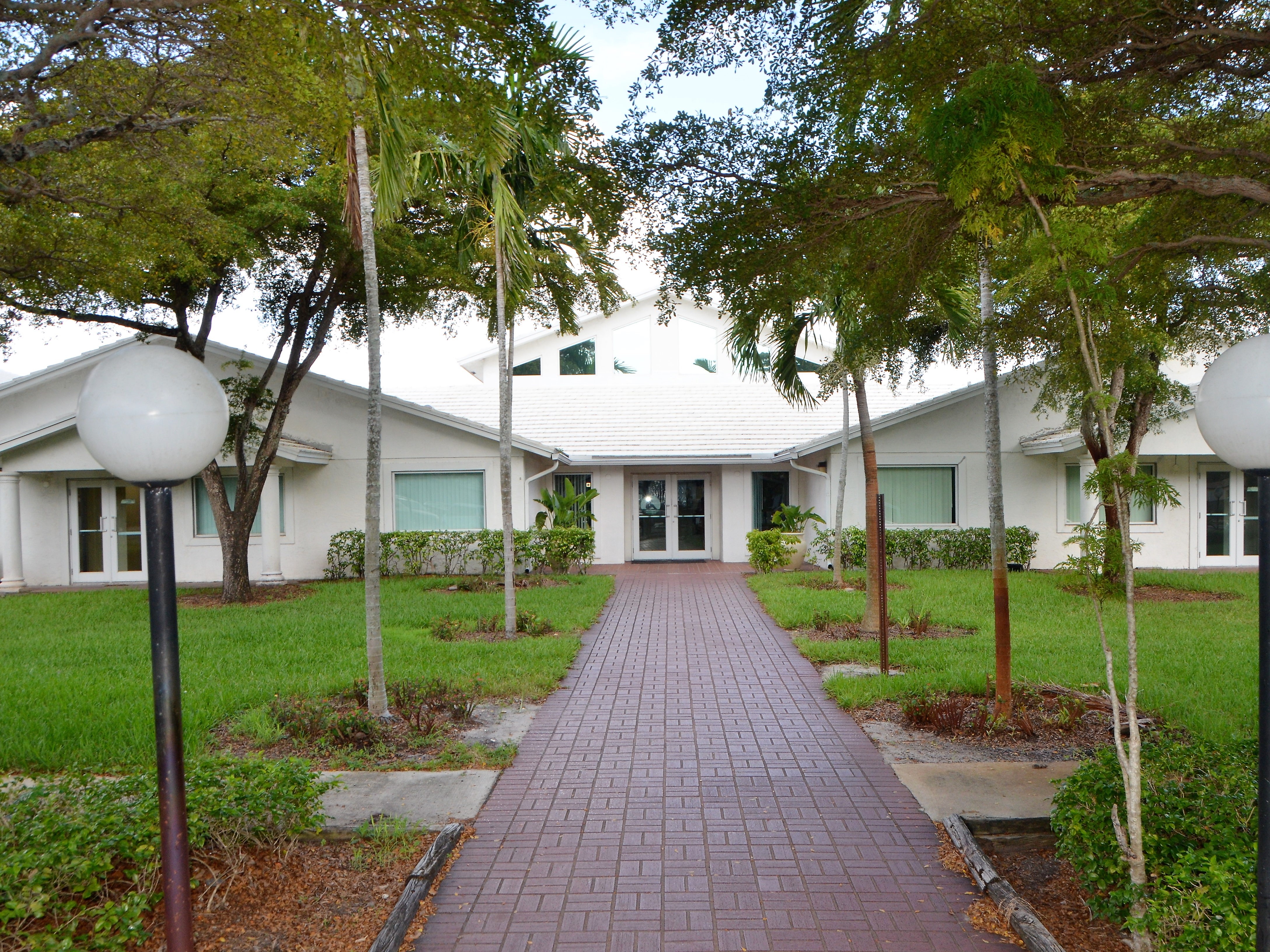
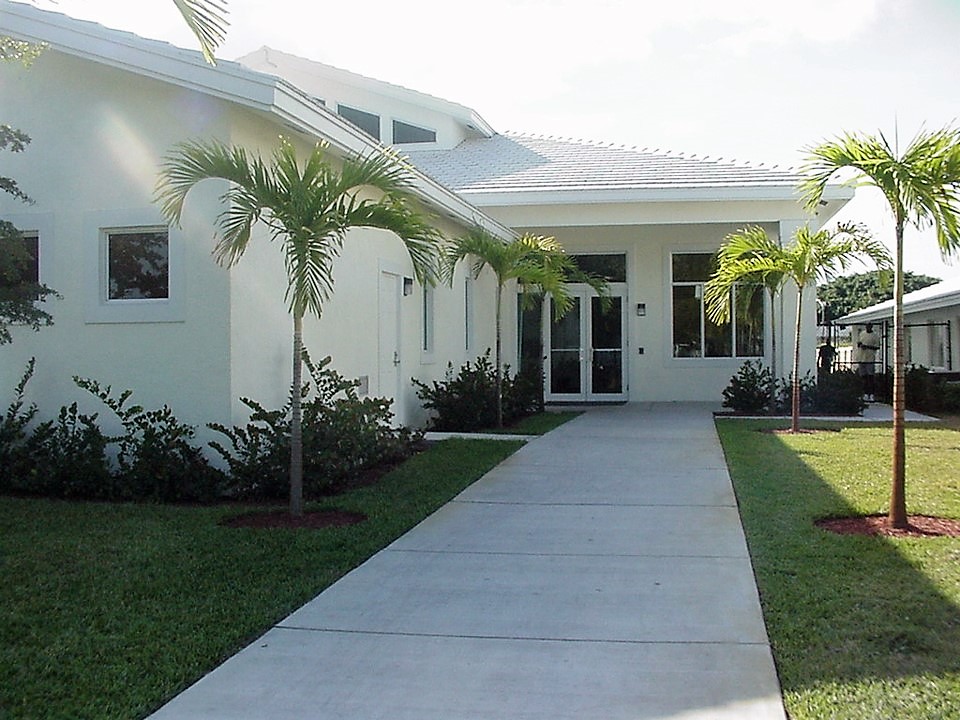
Clinical Stabilization: A major function of our Level 2 residential unit is to provide Structured Clinical Stabilization. Clinical stabilization is an intensive form of treatment that can be provided in either a structured or unstructured environment based upon the individual’s presenting needs. The goal of clinical stabilization is to stop the drug use over a sustained period of time. Clinical stabilization treatment focuses on cravings management, controlling access to illicit drugs, focuses on further physical stabilization, emotional and mental stabilization. Treatment teaches the individual real world coping skills to deal with disappointment, challenges and conflicts that could lead to continued drug use. Relapse issues such as trauma, physical health, mental health and serious recovery capital deficits are explored. The program uses a strong “Peer Pull-Up” regimen that leverages collective lived experiences and peer support. The program uses evidence-based practices including the use of medications and other therapeutic tools to achieve the goals of clinical stabilization.
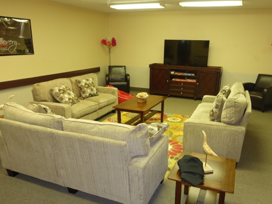
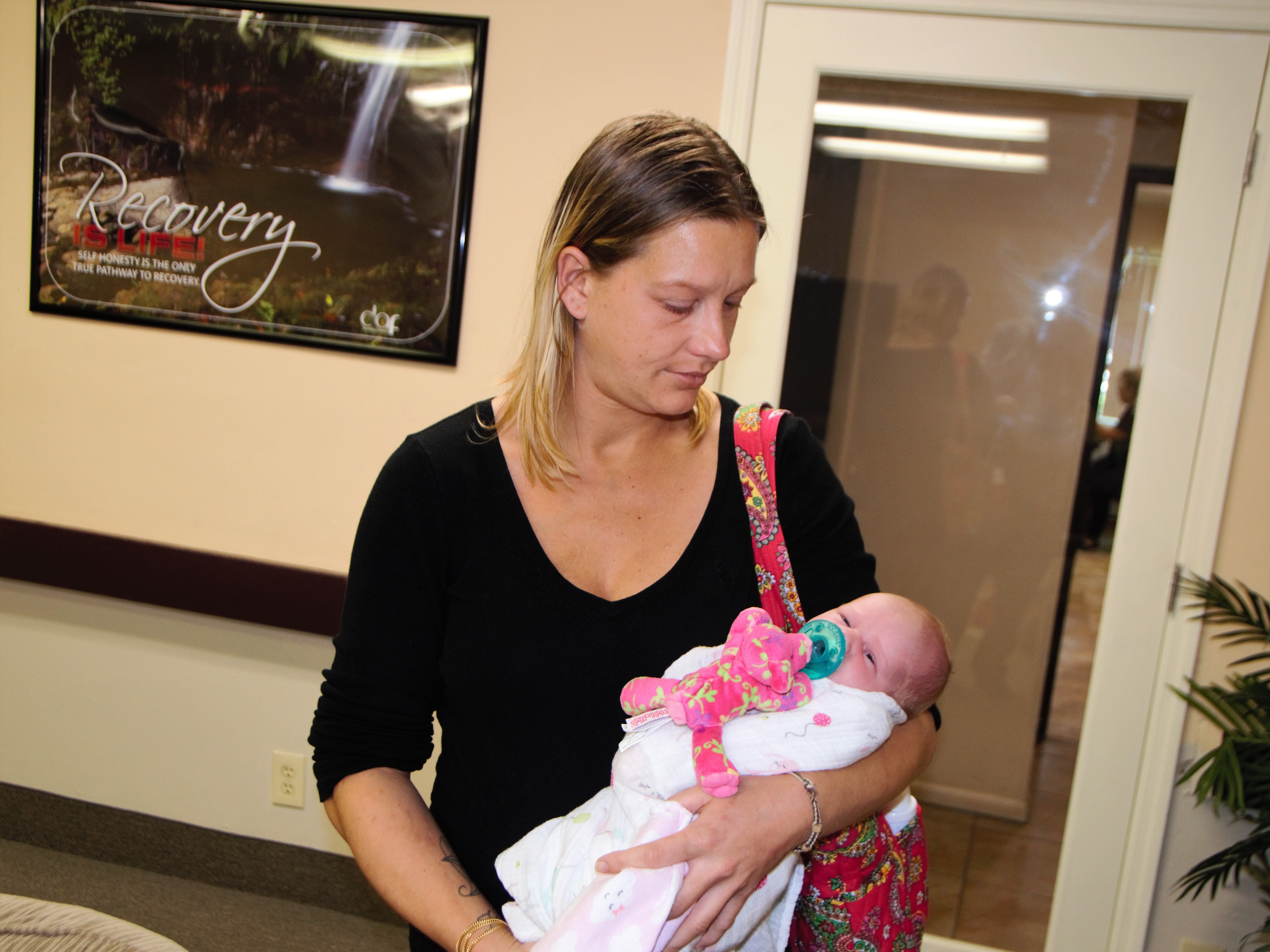
Relapse Treatment: Another function of our Level 4 residential unit is to provide Structured Relapse Treatment. Relapse treatment is an intensive form of treatment that can be provided in an initial structured environment or an unstructured environment based upon the individual’s presenting needs. The goal of relapse treatment is to prevent re-use aimed toward a goal of life long recovery. Relapse treatment focuses on trigger identification and management, coping skills development to address life’s disappointment, challenges and conflicts while remaining drug free. The program uses a strong “Peer Pull-Up” regimen that leverages collective lived experiences and peer support. The program uses evidence-based practices including the use of medications and other therapeutic tools to achieve the goals of relapse treatment. The program also addresses recovery capital deficits and leverages recovery capital assets.

Recovery Management Services: Recovery Management Services is a key component of the treatment process. Recovery Management begins at a base level across all treatment components and is intensified as an individual becomes more stable and is working a strong recovery program. The goal of Recovery Management is sustained recovery aimed toward the goal of life long recovery. Recovery management focuses on addressing critical recovery capital deficits and leverages recovery capital assets to assist clients in sustained recovery. In addition, Recovery Management helps improve social functioning and quality of life. The program uses a strong “Peer Connection & Support” regimen that leverages collective lived experiences, peer support and community-based support systems. The program uses evidence-based practices including the use of medications and other therapeutic tools to achieve the goals of relapse treatment. The program provides an extensive set of living skills classes supported by the Life Skills Academy Program.
Treatment Programs and Services: DAF provides a wide array of continuum of treatment programs including Level 1, Level 2 and Level 4 residential programs. Day treatment and outpatient treatment programs are provided at several locations throughout the Palm Beach County. All services are informed by clinical level of care assessments including ASAM (American Society of Addiction Medicine) level of care placement.

